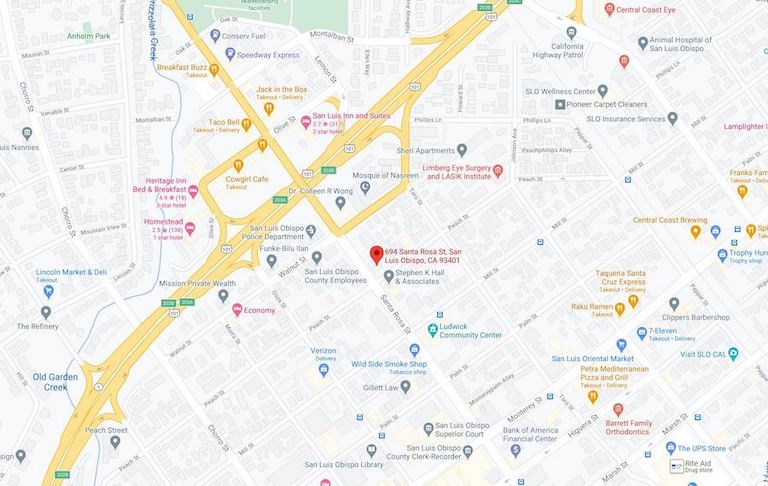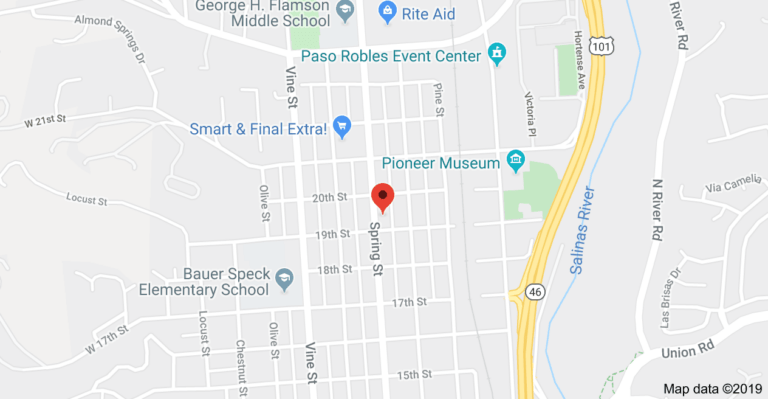Proposition 65 requires warning labels to be placed on all products containing lead. Although there is a clear need for the protections and warnings that the statute was intended to provide, unfortunately, in San Luis Obispo and throughout California, attorneys seem to be using Prop 65 to prey on businesses, particularly those without the resources to fight back. Not unlike some of the ADA lawsuits brought against California business owners, some attorneys have filed suit based on alleged violations of Proposition 65 as a mechanism not to necessarily enforce compliance in order to protect the consumer, but rather to line their pockets with the attorney fees the statute affords.
For example, businesses have been sued for selling lead-containing products without the requisite Prop 65 health-hazard label, despite the fact that they did not manufacture nor package the product. These businesses often pay money to settle the suit and make the claim go away, without asking the manufacturer to defend them in the suit if that is part of the agreement they have negotiated or without first tendering the lawsuit to their insurance carriers. This could be a costly mistake because settling without the insurer’s consent waives the insured’s right to any coverage that may be available. And the claims may actually be covered under other polices that may well be sitting in your file drawer, such as your D&O & Entity policy which may not contain these exclusions and often provide broader coverage. Perhaps the broker advised that there was no need to tender because there was no coverage due to a lead exclusion or a statutory violation exclusion. While that is likely true under a Commercial General Liability (CGL) policy, there are other less-obvious types of insurance policies that potentially cover Prop 65 claims. Overlooking these other policies could be a costly oversight.
If you’ve received a Proposition 65 claim, Carmel & Naccasha can review your agreements with manufacturers to determine if they provide your business with a defense as well as your company’s insurance policies to determine whether there is a potential for coverage. If you’ve already received a denial, we can review the denial letter to determine if it is appropriate, based on the coverage your business has purchased, or whether it should be challenged.
For any questions on this topic, please be in touch with Ziyad Naccasha, a partner and co-founder of Carmel & Naccasha LLP. Ziyad has extensive background handling cases related to issues surrounding Prop 65. He can be reached at 805-546-8785.
The information provided herein does not, and is not intended to, constitute legal advice; instead all information, content, and materials are for general informational purposes only.


